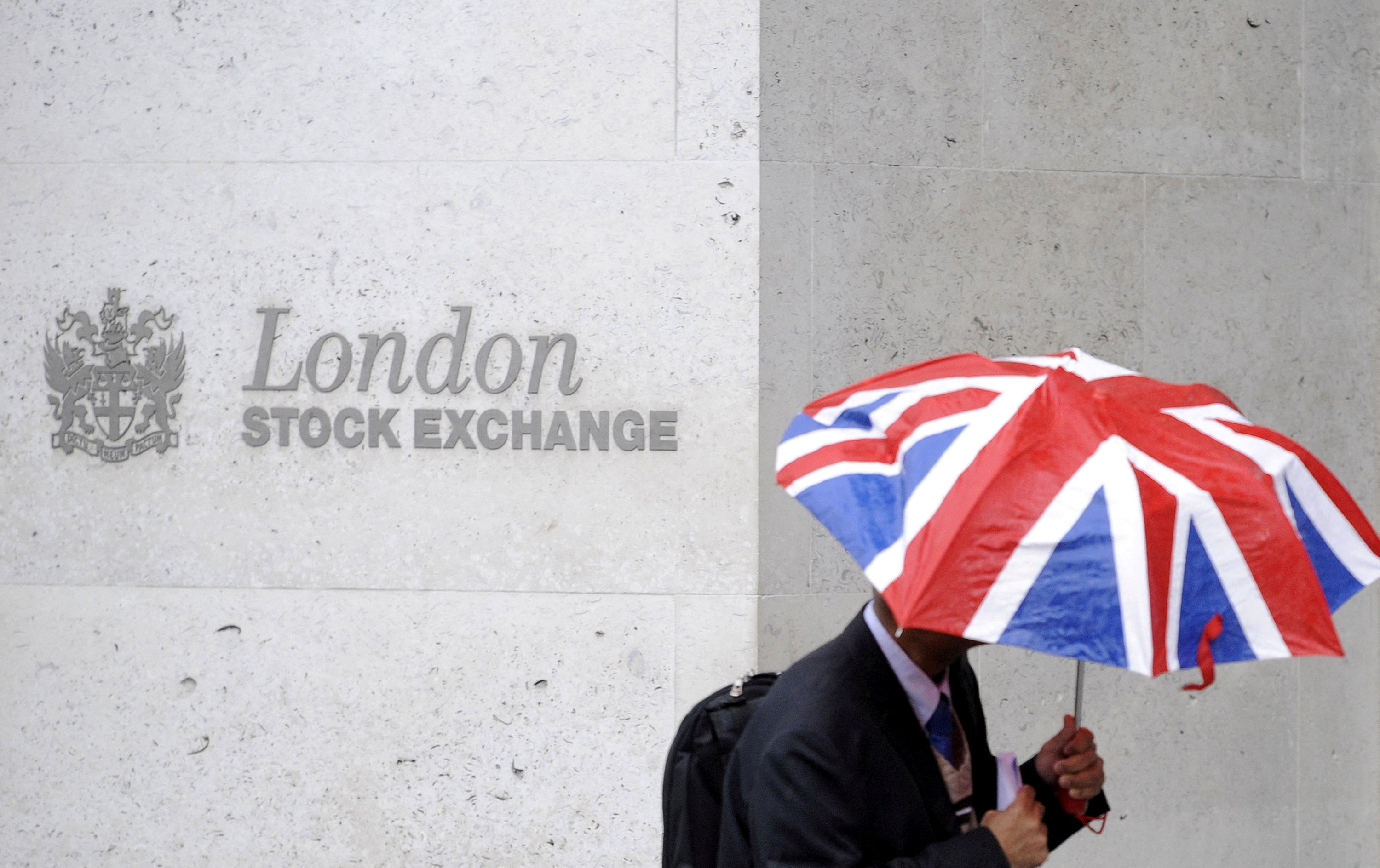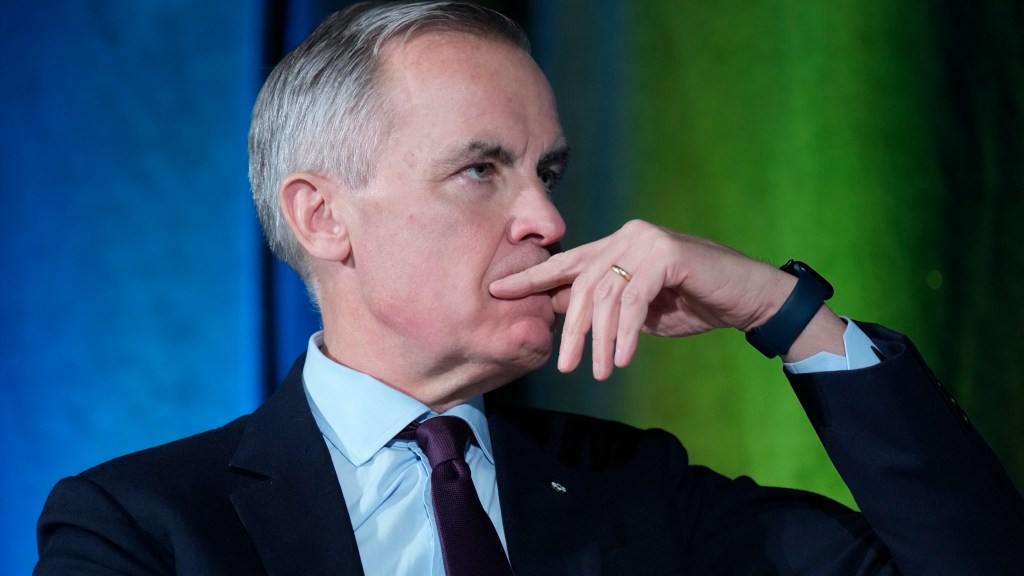London’s Bid to Reinvent Itself as a Global Financial Hub: Boom or Bust?
The London stock market witnessed a significant event with the listing of CK Infrastructure, yet it was met with minimal celebration in the City.
On August 19, the £14 billion Hong Kong-based energy, utility, and transportation conglomerate, part of Li Ka-shing’s expansive business empire, marked its debut on the London exchange. The secondary listing, not involving any fundraising, was subdued, with the stock rising by a modest 1.6% on its first day.
Despite the low-key reception, the event was historic as it was the first new listing under the Financial Conduct Authority’s revised rules. These changes aim to make London more attractive for public listings, introducing a market segment for non-UK businesses, the International Commercial Companies Secondary Listing category, which CKI joined.

Andy Hunter, a senior executive at CKI, highlighted that the FCA’s rule changes had simplified the London listing process. London exchange officials hope other companies will follow CKI’s example, potentially rejuvenating the faltering British bourse.
The overall health of the UK’s capital markets, which underpin the nation’s status as a global financial center, is at a critical juncture. Concerns have been mounting that London is losing ground to rival exchanges in New York and Amsterdam.
After a prosperous 2021 where 126 companies raised £16.7 billion through IPOs, the number of deals plummeted, with just 45 transactions raising £1.6 billion in 2022 and 23 listings generating £953 million last year. So far this year, ten deals have raised £570 million, with City minister Tulip Siddiq calling CKI’s admission a “strong vote of confidence in Britain’s capital markets.”
However, the decision by Arm, a leading British tech company, to list in New York instead of London last September, valuing the firm at $52.3 billion, was a significant setback. Further blows came as UK-listed companies like Flutter Entertainment and CRH opted for New York over London as their primary listing.

Investor confidence in the UK has been shaken by Brexit and political instability, driving down valuations on the London stock market and making other exchanges more appealing.
Brexit has particularly strained the UK’s financial services sector, with banks, insurers, and asset managers establishing EU outposts to maintain EU market access, prompting a gradual shift of jobs and capital to the Continent.
Lord Tyrie, a former Conservative MP, noted, “London has lost business due to Brexit and political uncertainty.”
Regulatory overhaul is just one effort among initiatives by regulators and successive governments to revive the UK’s financial prowess. These include proposals to incentivize retail investors through UK ISAs and reforms to investment research rules inherited from the EU.
The UK has also rescinded EU-imposed limits on banking bonuses to enhance the international competitiveness of UK banks.

“Maintaining London’s competitiveness requires several measures,” said Tiina Lee of Citigroup UK, emphasizing the importance of unlocking pension fund capital.
Changes to pension investment practices over decades have reduced UK pension funds’ allocation to domestic equities from 53% in 1997 to just 6%.

Reversing this trend is a priority for the current government, aimed at boosting UK equities’ appeal and supporting start-ups.
The recent listing rule changes, the most significant in over three decades, have faced scrutiny. Critics argue that easing investor protections may undermine the UK’s governance standards in the chase for more listings.

Groups like Railpen and the International Corporate Governance Network have opposed the FCA’s reforms, fearing they might deter investors.
Additionally, the government’s plans to increase taxes on private equity profits could drive wealthy industry players abroad, potentially reducing lucrative business for associated financial services.
Economist Sir John Kay questions whether the focus should be on bolstering financial services or directing talent to other sectors that directly benefit the real economy.
“Attracting more business to the City of London isn’t necessarily in the public interest,” Kay said, suggesting that resources might be better utilized elsewhere in the economy.




Post Comment